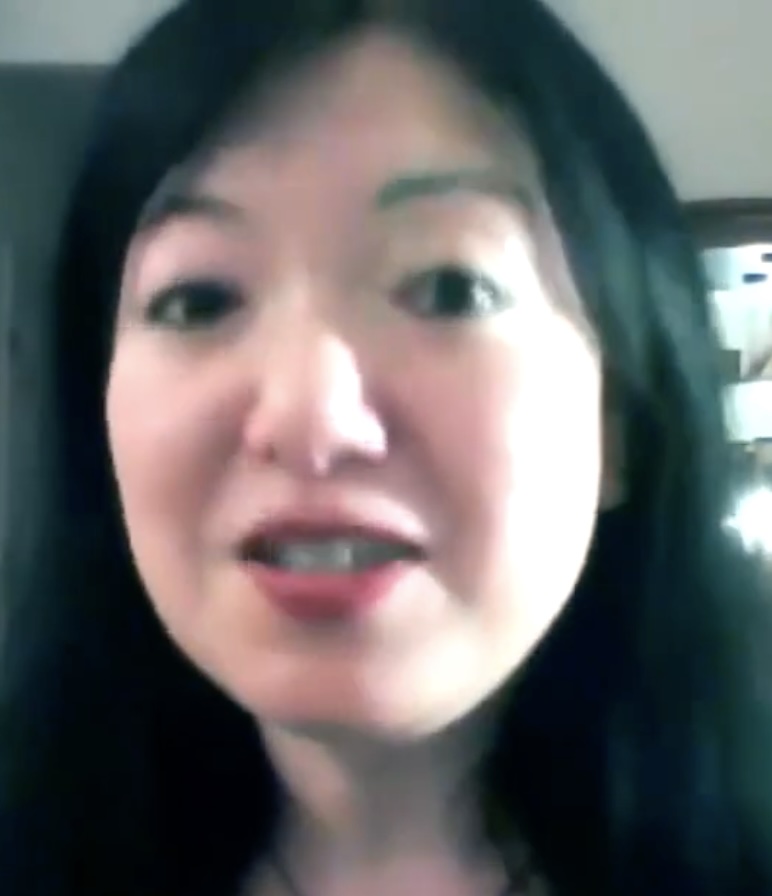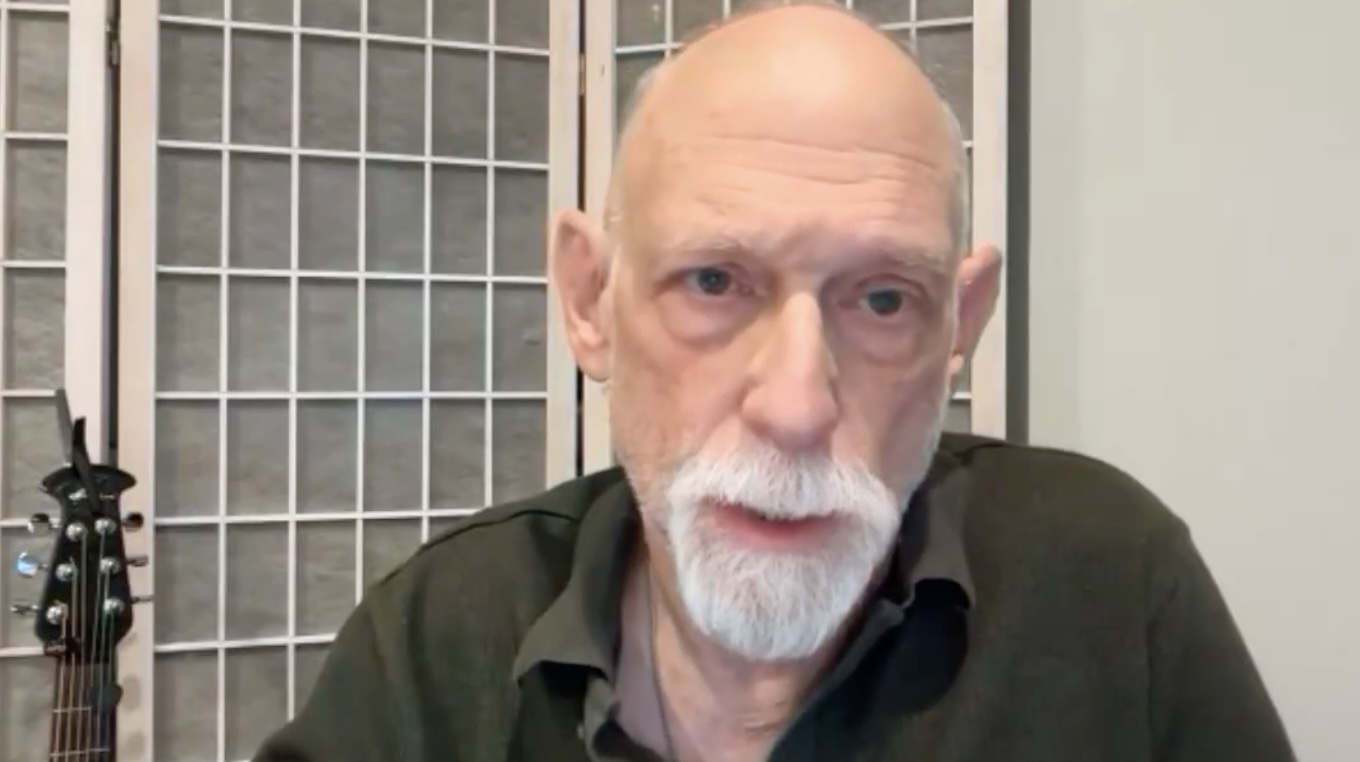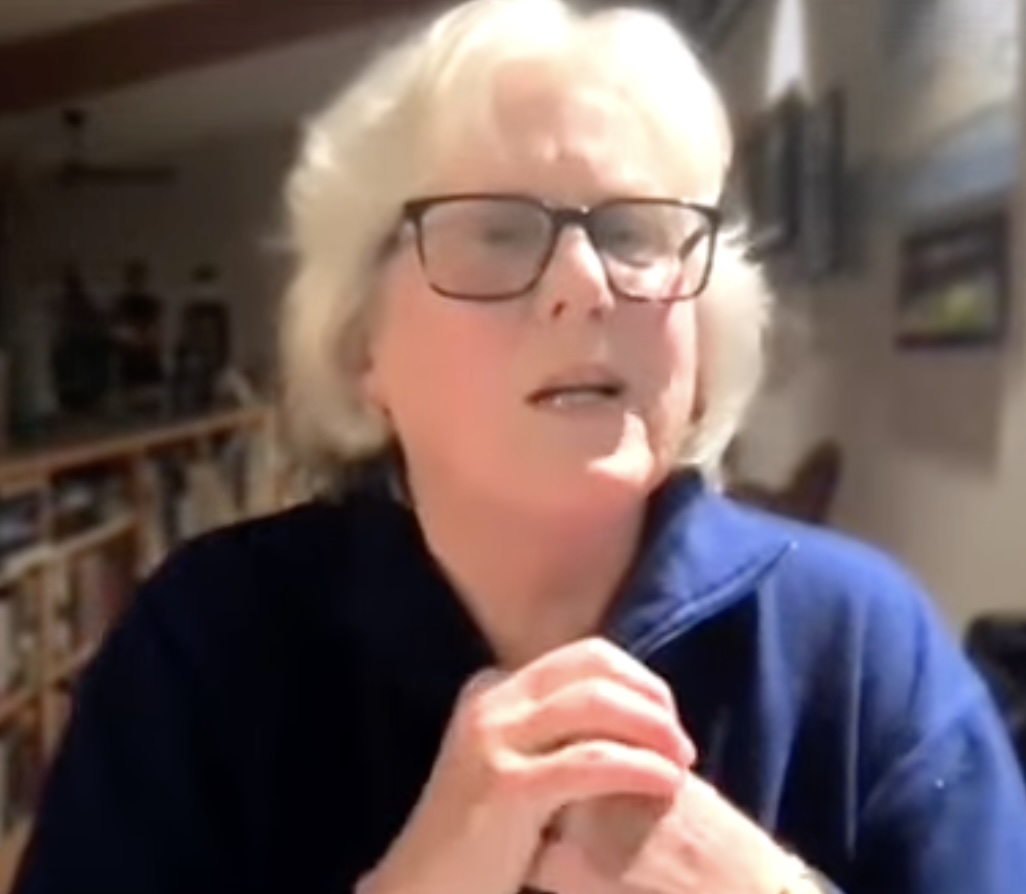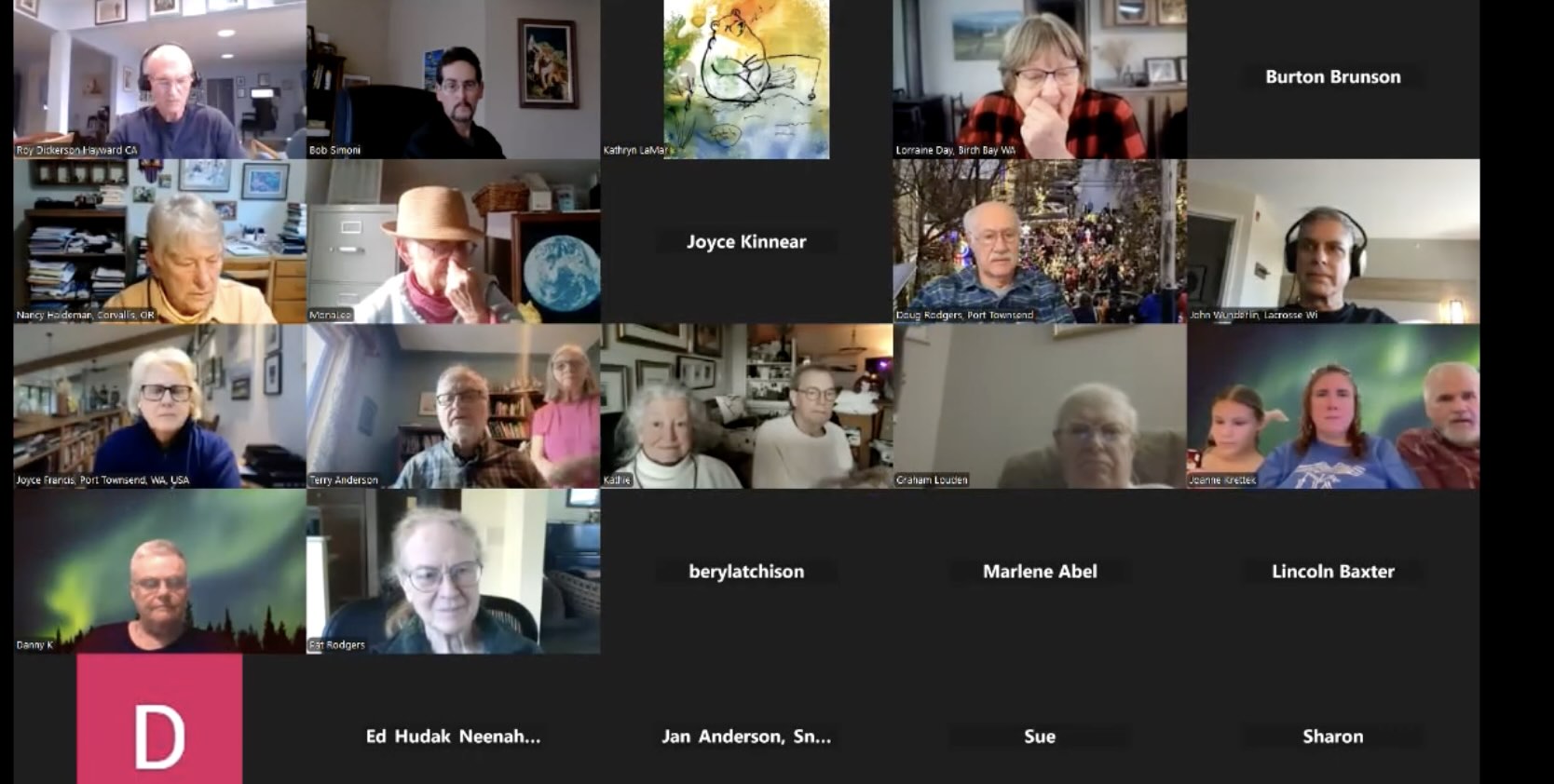2026 Feb 11 | NAUA Academy, News
This is a one of the best Academy Sessions yet!! In this presentation, Dr. Felicia Wu, Distinguished Professor of Food Safety, Toxicology and Risk Assessment at Michigan State University, will discuss the history of US government agencies in Food, Safety and Nutrition. A detailed analysis is done of the 2026 USDA Dietary Guidelines for Americans with the controversial inverted food pyramid: https://cdn.realfood.gov/DGA.pdf
Felicia overviews the new revisions to the RFK sponsored Dietary Guidelines for Americans. She provides evidence of the different impacts of vegan, vegetarian and omnivarian diets on men and women. She also discusses the environmental and equity issues that are effected by our food choices and the recommendations of our governments.
This recording is not to be missed!!
2026 Feb 1 | News
As a religious organization, NAUA has always operated as a tax exempt non-profit. To provide added assurance to our donors, we recently applied for a 501(c)3 determination letter from the IRS.
We are pleased to announce that we are now officially identified as a tax-exempt organization and will be added to the IRS’ searchable database as such. As stated in the determination letter: “We’re pleased to tell you we determined you’re exempt from federal income tax under Internal Revenue Code (IRC) Section 501(c)(3). Donors can deduct contributions they make to you under IRC Section 170. You’re also qualified to receive tax deductible bequests, devises, transfers or gifts under Section 2055, 2106, or 2522.”
More information on how you can maximize your contributions to NAUA by donating directly from your IRA’s Required Minimum Distribution or your estate will be shared over the coming months. We are always grateful for any and all contributions that allow us to continue to provide monthly worship services, workshops, CIRCLES and other services to members.
2026 Jan 17 | News, Worship Service
Many of us have chosen to remain guided by what had until recently been the Seven Principles and Six Sources of UUism. The first of those Sources speaks of “that transcending mystery and wonder […] which moves us to a renewal of the spirit.” In this service Rev. Shear explores what those words might mean for us in responding to troubling times such as these. Perhaps a renewal of the spirit is just what the doctor ordered!
2025 Dec 28 | NAUA Academy, News
This December 2025 NAUA Academy session features a presentation and a lively discussion on the opportunities and challenges from the Arising of the Nones. Joyce Francis leads the discussion, presents efforts of the New Salish Sea Congregation and our own stories of finding Unitarian alternatives. Does the same programs and activities of Unitarians still work for the Nones?
Our apologies.
The recording of this Academy session (below) was not started until after Joyce Francis had been introduced and she had begun her presentation.
2025 Dec 20 | News
To model respectful communication and avoid future misunderstandings, NAUA Board Trustees felt it was important to create, adopt and affirm a code of conduct moving forward. Thank you to trustee Jan Anderson for creating the initial draft, which was slightly modified and adopted by the full board.
Trustees present at the closed December 17th board meeting affirmed adherence to these ideals and pledged to hold themselves and each other accountable. Members are encouraged to read these guidelines and adopt them in their own internal communications, in order to model our respect for the inherent dignity of all individuals and all peoples. These guidelines also reflect the importance we place on our values of freedom, reason and tolerance.
The board pledges to review the Code of Conduct annually and update as necessary. Future trustees will be asked to affirm the code upon joining the board.
NAUA Board of Trustees Code of Conduct
2025 Dec 19 | News, Worship Service
This moving video of the 2025 Holiday Reflections of the Season features greetings, best wishes, poems and readings from NAUA leaders across the continent.
Not be missed!!





